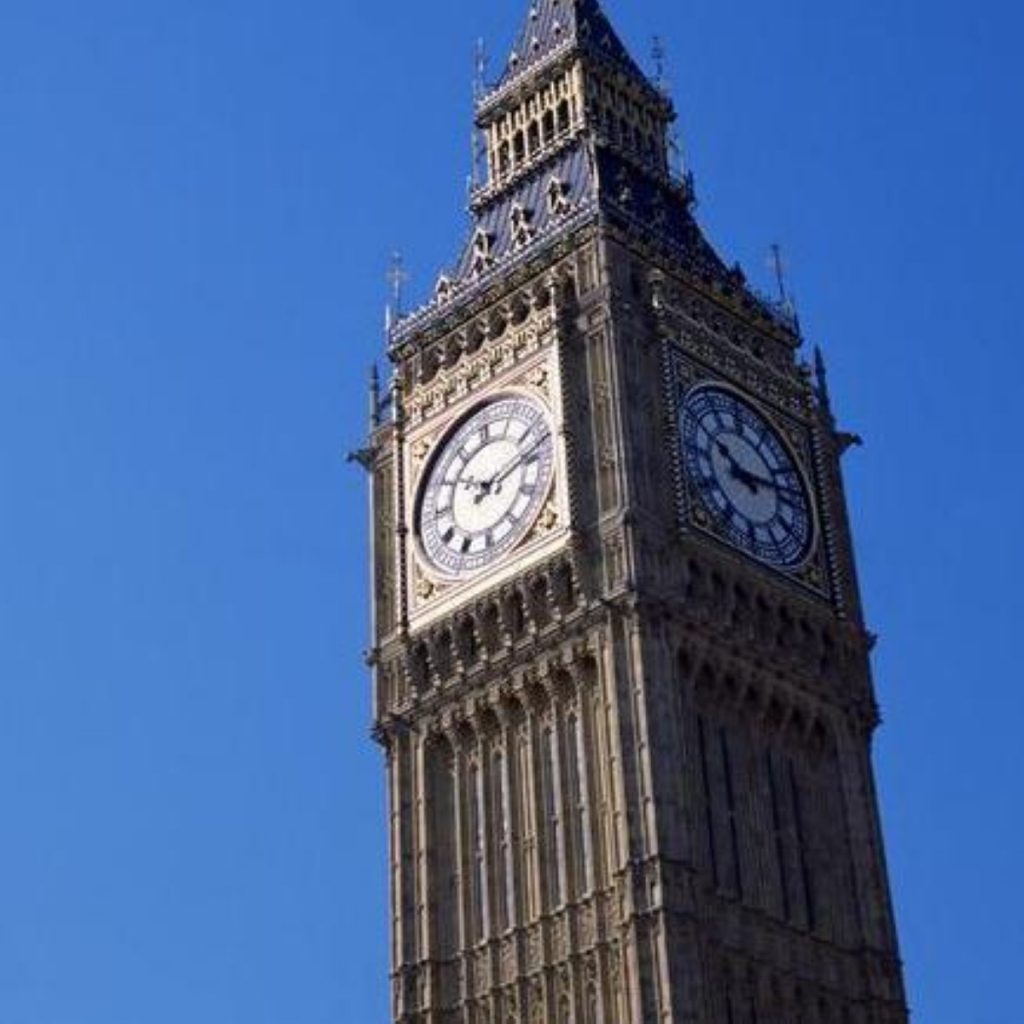The week in politics: Troublemakers return to Westminster
You wait for an interesting political story to come along… and 17 arrive at once.
By Alex Stevenson Follow @alex__stevenson
'Twas ever thus. This is the fate of the political journalist: to face the seemingly never-ending drought of long hot summer weeks without a whiff of a story, and then get shocked by a blitz of news as soon as parliament returns.
Riots notwithstanding, of course. The two big scandals of the summer, rioting and phone-hacking, both made their return on the first full day back, Tuesday. The battle-lines at News International are now well and truly drawn. With Tom Watson and co pluckily chipping away at the truth, making a little progress here and a little there, there's a real chance they'll get it, sooner or later.


Down the corridor in parliament, the home affairs committee was grilling Boris Johnson and senior police officers on their management of the riots. This inquiry is classic parliamentary hand-wringing, but you never know. Something useful might come of it.
Parliament's return meant it was back to the government's legislative agenda, and the small matter of the health and social care bill to deal with. Remember that? The astonishingly desperate 'listening pause' on NHS reforms, an unprecedented halt to legislation already well-advanced through its Commons stages? This week it returned, after more moaning from the doctors paved the way for the Lib Dems to once again get all antsy. They're still not happy. Although MPs voted it through comfortably, the coalition's junior party are plotting more trouble in the Lords.
It wasn't just the Lib Dems making mischief this week. Tory backbencher Nadine Dorries' amendment on abortion counselling put the cat among the pigeons, triggering the revival of an ongoing debate which greatly troubled the prime minister. So much so, in fact, that David Cameron had felt pressured to make his opposition to Dorries' bright idea clear. Perhaps it was unwise of Nadine to call him "gutless" in response, or to complain about the issue in prime minister's questions. Cameron's response was masterful, if perhaps not fully intended. Never before has there been so much uncertainty, or amusement, about a veiled innuendo.
All this followed what should have been a momentous occasion in the Commons: David Cameron's triumphant announcement of his first victory in a foreign war. The Libya statement on Monday proved a bit of a damp squib, alas. Partly because a lot of Labour MPs didn't bother to show up, and partly because the war isn't, um, completely over yet.
Much of the world's focus this week was on the looming tenth anniversary of 9/11, and all that has passed in the decade since then. Revelations about Britain's embarrassingly close links with Gaddafi's security services – and UK involvement in an alleged rendition – surfaced. At the end of the week a two-year inquiry into the death of Baha Mousa, an innocent Iraqi hotel receptionist beaten to death by brutal British soldiers, brought shame on the Army.
It was not all depressing news. Alistair Darling's memoirs provided us with some juicy insights into working with Gordon 'volcanic' Brown. And George Osborne found himself in hot water, after telling a rather risqué joke at the GQ awards.












